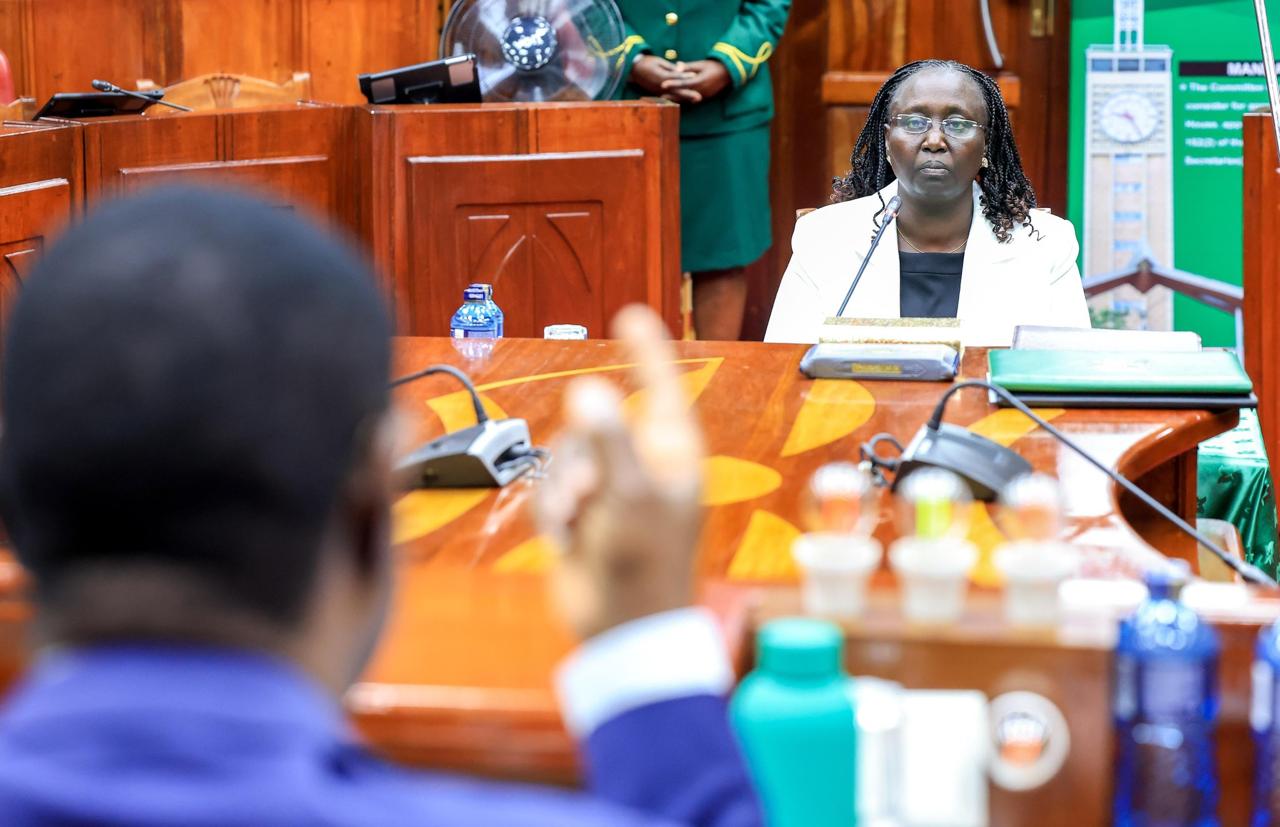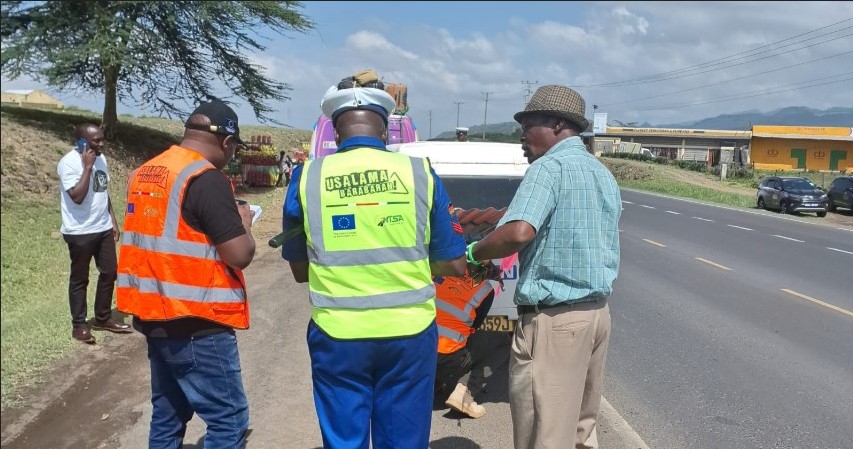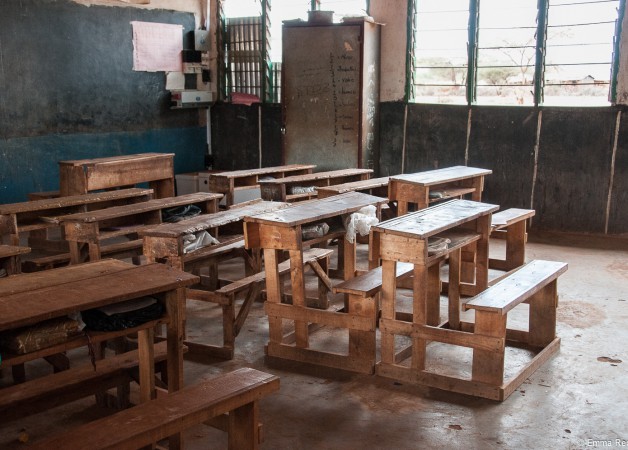Gender CS nominee Hanna Cheptumo proposes gender education in schools to tackle GBV

Addressing the root causes of GBV, she pointed to deeply entrenched patriarchal norms.
Gender Cabinet Secretary nominee Hanna Cheptumo has proposed the incorporation of gender education into the school curriculum to combat gender-based violence (GBV) from an early age.
Appearing before the National Assembly Committee on Appointments on Monday, chaired by Speaker Moses Wetang’ula, for vetting, Cheptumo argued that teaching children how to recognise and report abuse within schools would help create a safer environment for future generations.
More To Read
- Sexual violence driving mass flight from Sudan to South Sudan: What you need to know
- 16 days of activism: Strengthening protection against gender-based violence
- Digital experts sound alarm as tech-facilitated GBV continues to target Kenyan women
- Women MPs call for abolition of death penalty for female offenders, citing gender inequities
- 16 days global campaign spotlights growing threat of gender-based violence
- Over 31,000 SGBV cases filed in Kenyan courts in 2024/25, report reveals
“I see the solutions coming from the locals. One of the policy measures I will propose is to include gender-based violence issues in the education system because right at the education level, that is where children can learn even how to report and when to know when they are being violated. So put it in the education system,” she said.
She added that her ministry would work jointly with other relevant departments to formulate a curriculum that addresses GBV at both the primary and secondary school levels.
“We’ll propose together with the other line ministry on how to deal with issues of gender-based violence in schools,” she explained.
Cheptumo also emphasised the need for widespread public education aimed at reshaping societal views on gender and family relationships.
“Secondly, is to have the education of the locals on why they should protect, for example, the boys should protect their sisters, and men should know how to live with their wives,” she said.
“So those are family issues, and we can come up with a policy on educating the masses.”
On her leadership style, Wendot affirmed her readiness to work collaboratively within the ministry’s existing structures.
“Where I'm going to work, I will not be alone. We have a structure in that ministry… permanent secretaries, heads of departments. You consult widely so that you can be able to function,” she said.
Cheptumo expressed confidence in her qualifications, citing her commitment to teamwork and community service.
“I believe I'm qualified because it is about the other person. You can't work alone. You have to work as a team,” she said, adding that she would continue mentoring law students and teaching in her church, roles she has held for years. “Teaching, you do it on Saturdays and Sundays. And when I'm not there, they have teachers, and we work together,” she said.
Addressing the root causes of GBV, she pointed to deeply entrenched patriarchal norms.
Patriarchy
“Gender-based violence is caused by patriarchy. Historically, men have owned property and been elected into positions. To cure this vice in the community, we have to engage community leaders," Wendot added.
She emphasised the importance of involving grassroots leadership and religious institutions in the fight against GBV.
“Leadership is on the ground. That is where we have men and women… people in churches, barazas. We will engage those people with our team and the counties,” she said.
“Every Sunday or Friday—whether you go to the mosque or church—those are platforms you can use without spending any money.”
The widow of the late Baringo Senator William Cheptumo said her experience in public life would help her navigate the political landscape to advance the gender agenda.
“Persuasion comes from the Members of Parliament. They are the ones who, once they appear in a place, people come. So we use that opportunity to pass our agenda through those forums," she said.
She was also critical of the current structure of gender desks at police stations, terming them ineffective.
“As far as I’m concerned, they are not very effective. A person who has had a challenge with being battered will not be happy or find it easy to report at a police station—especially if the officer is a man," she said.
To address this, she proposed relocating gender desks to hospitals and ensuring they are staffed by both male and female officers.
“Once a person has a challenge, they can go to a hospital, be treated, report, and also have psychosocial support. You report and do not get treatment or psychosocial support—you go back home. That’s why most of them end up committing suicide," she said.
She also called for legal reforms, particularly in the Evidence Act, to better reflect the specific nature of GBV and femicide.
“There is a gap in the Evidence Act. It does not address gender-based violence issues. It talks about homicide, but there is no mention of family fights,” she said.
“GBV and femicide should be very specific in the Act so that they are handled appropriately when reported.”
Cheptumo said she is committed to driving a community-centered and education-based approach to tackling GBV, should she be confirmed for the role.
Top Stories Today












































